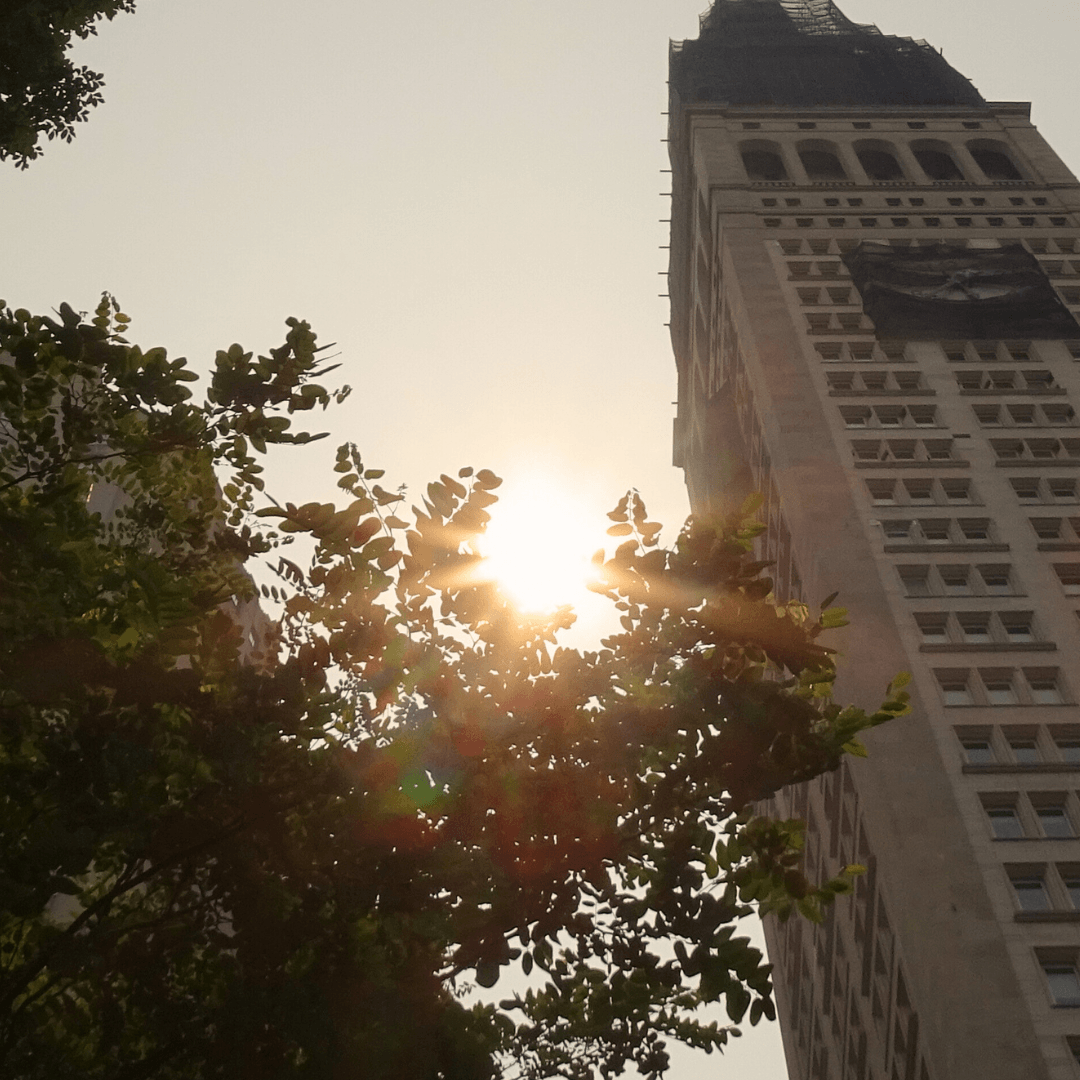This site uses cookies – Learn more.
Climate Effects in the Garden
Climate Effects in the Garden

“As I walked through Brooklyn last summer, I couldn’t help but notice the startling number of browning and dead trees lining our city streets,” noted Stephanie Lucas, Director of Horticulture and Park Operations at Madison Square Park Conservancy.
Last year, New York City experienced moderate to severe drought conditions in August and September, leading to stress and the decline of trees, shrubs, and other plantings throughout the city. The stress caused by drought can stunt plant growth, causing poor maturation and root development. In many cases, plants don’t have adequate resources to gather nutrients, making them more susceptible to pests, diseases, and other urban challenges. Abnormal rainfall can also impact root development in many plants. In drought-resilient plants, flora will actually put out and extend more roots, seeking deeper water tables. In moisture-loving plants, established root systems may dry, shrivel, and become entirely non-functional.
This year in April, a lovely plum tree was uprooted on 23rd Street. The tree came down during the intense rain storm that poured over four and a half inches of rain over a period of three days. This was more than the average monthly rainfall for April and a third of the total precipitation recorded in all of 2023. These weather conditions are not only abnormal, but they’re killing plants with a thousand tiny cuts. Intense fluctuations in rainfall have compounding effects, making plants less nimble in their ability to adapt to each change.
This past winter was generally mild, if not alarmingly warm. Even still, it’s harder to generalize conditions given the intense weather pockets lining the stretch of the season. In December, the country was hit with a polar vortex. Meanwhile, the first frost in NYC hit weeks later than usual, providing a sudden change and drastically dropping temperatures more than 40 degrees for at least four days straight. These temperatures damaged many evergreen shrubs, leading to burnt foliage. It also damaged the buds on shrubs that bloom on old wood. Hydrangea, paperbush, and flowering plums were just a few plants affected by this. Conversely, 90-degree temperatures in mid-April lead to an early peak spring bloom, affecting the beauty of many spring flowering bulbs. The loss of these flowers has cascading effects, reducing the amount of pollen and nectar available for insects and other wildlife.
Climate change is happening now, and the effects are being seen locally in our park. If we don’t confront the causes of climate change today, we will see worsening effects of this unexpected weather year after year. It’s up to us to identify the causes, make small changes at work and at home, and push our government, corporations, and elected leaders to make long-lasting changes that protect the trees and plants we love far into the future.



